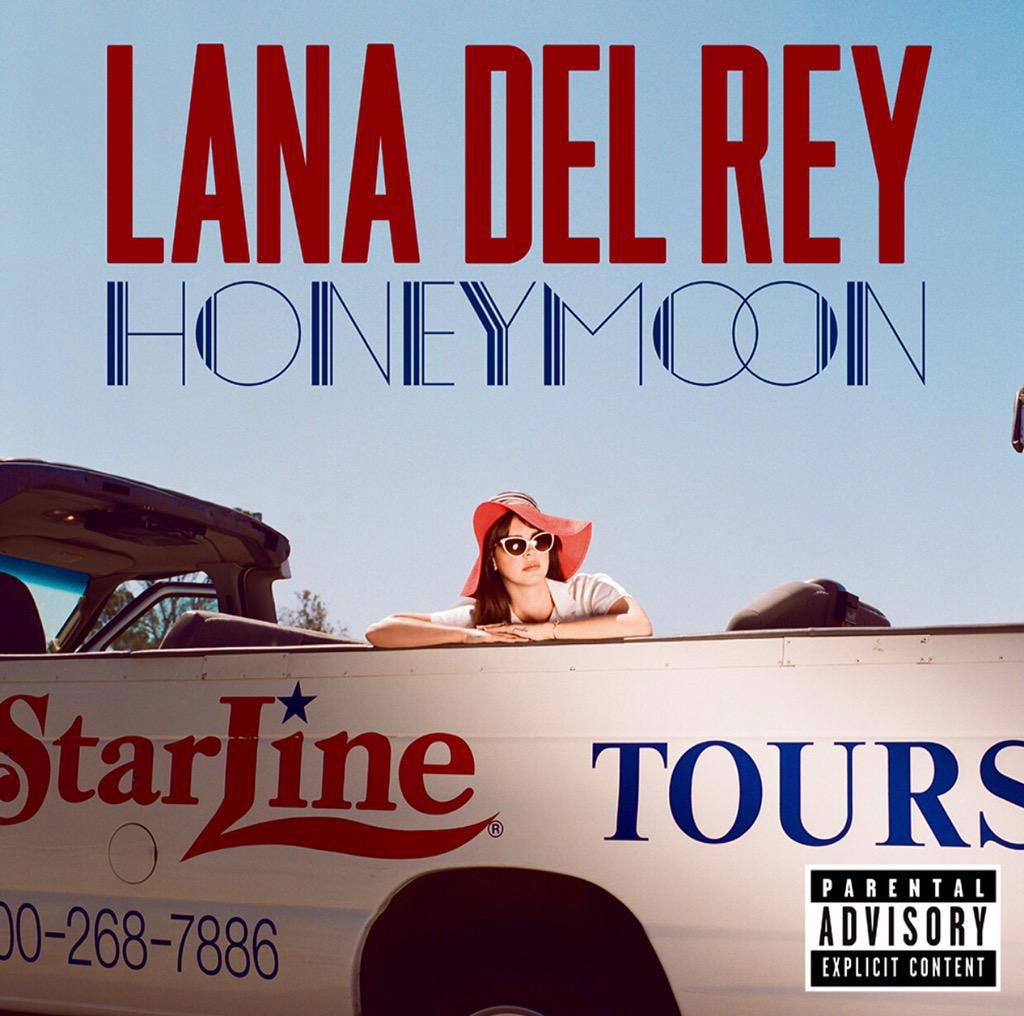
Arriving in mid-September, Lana Del Rey’s “Honeymoon” is still somehow the album of the summer. Del Rey’s summer is never-ending, trapped in a past that may have never existed. She is the queen of nostalgia, yearning for another place and time when she was happier, luckier and not completely alone.
As she did on her last two albums, Del Rey croons about love and loss — but this time she goes further. On “Born to Die,” she was sad but hopeful; on “Ultraviolence,” sad and angry. Now, she’s beyond it all; she’s just bored, but nowhere near boring.
Where Del Rey really shines here is in her vocals. On her previous albums, she was somewhat overshadowed by the production. Produced by Dan Auerbach of The Black Keys, “Ultraviolence” featured tempestuous drums and guitars that, while providing a darker, harsher tone, occasionally outshone Del Rey’s voice. Here, the production by Rick Nowels, Kieron Menzies and Del Rey herself, is lush and romantic, full of strings and pianos, letting her vocals soar and moan more than they’ve ever been allowed to.
“Honeymoon” opens with cellos on the album’s title track, where she sets the tone for the album: “Our honeymoon / Dreaming away your life.” The entire project is both ethereal and surreal; it’s a love letter to what could have been, but without any real effort being made, because everyone knows caring isn’t cool. And if there’s anything Lana Del Rey is, it’s cool.
“Honeymoon,” “Music To Watch Boys To,” “Terrence Loves You” and “High By The Beach” were all released prior to the full album and are some of the effort’s catchiest and most fully realized songs. The problem with this is that, for fans who listened to the singles upon their release, the record doesn’t feel as fresh or new as many had hoped.
One of Del Rey’s main criticisms is that a lot of her music sounds indistinguishable. Unfortunately, this could be said about “Honeymoon.” Although enjoyable, several songs blend together as a long, melodic dream. Still, this leaves room for “Honeymoon’s” standout tracks to really shine.
A standout on “Honeymoon” is “Freak,” a song similar to the deluxe version of “Ultraviolence’s” “Florida Kilos,” but much more romantic and not about cocaine. In a chorus that gets stuck in your head, Del Rey sings, “We could slow dance to rock music / Kiss while we do it / Talk ‘til we both turn blue.” Her lyricism is at an all-time high, as well as her undeniable coolness.
Halfway through the album, Del Rey pauses to read a T. S. Eliot poem, her voice sounding like it’s coming to you from another plane of existence. On “Salvatore,” she reeks of classic, old-school Italian cinema, crooning about “soft ice cream” and summer rain. The record finishes with a slowed-down cover of Nina Simone’s “Don’t Let Me Be Misunderstood,” complete with an organ that makes the song sound like a romantic funeral march.
Give Del Rey’s “Honeymoon” a listen, and you, too, can stay trapped in her never-ending summer.


